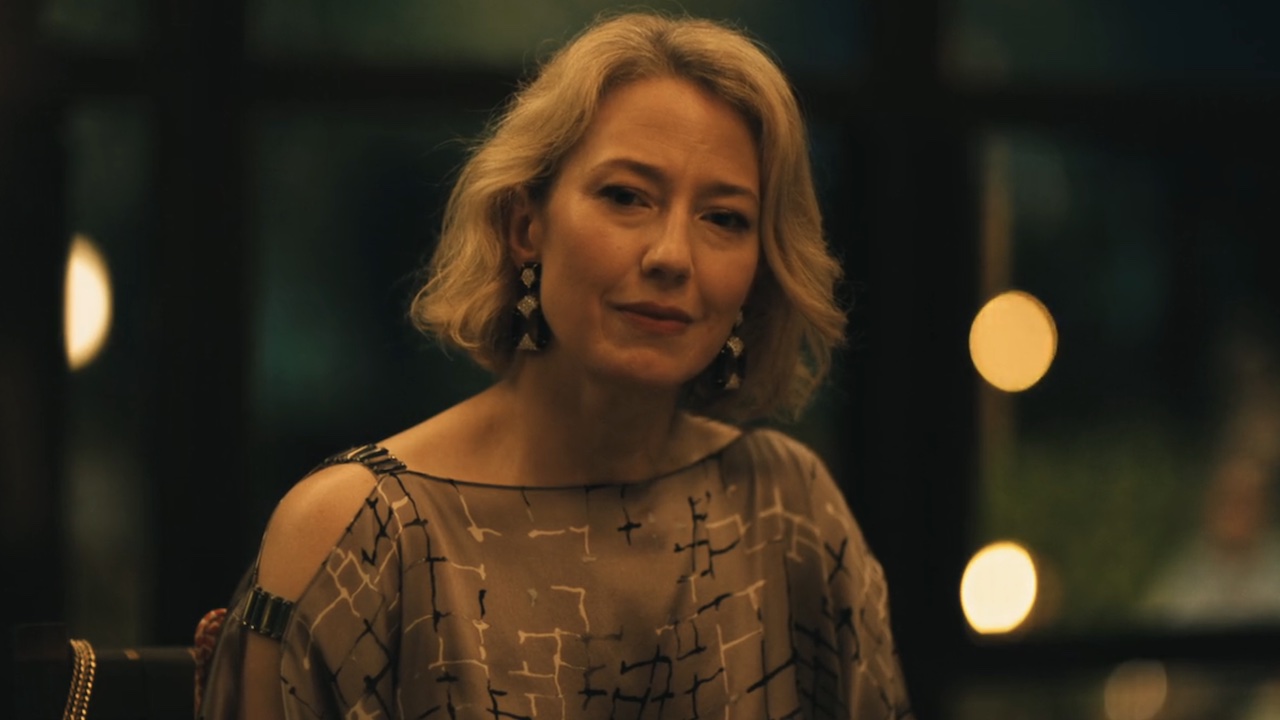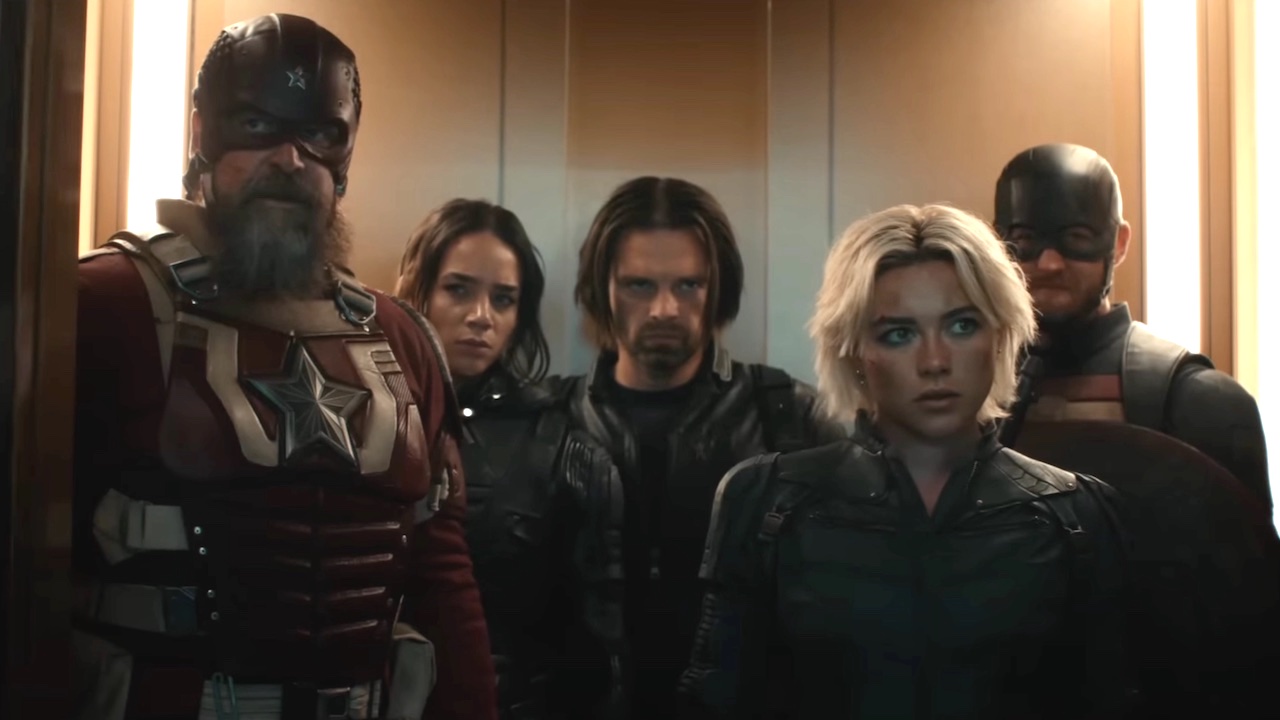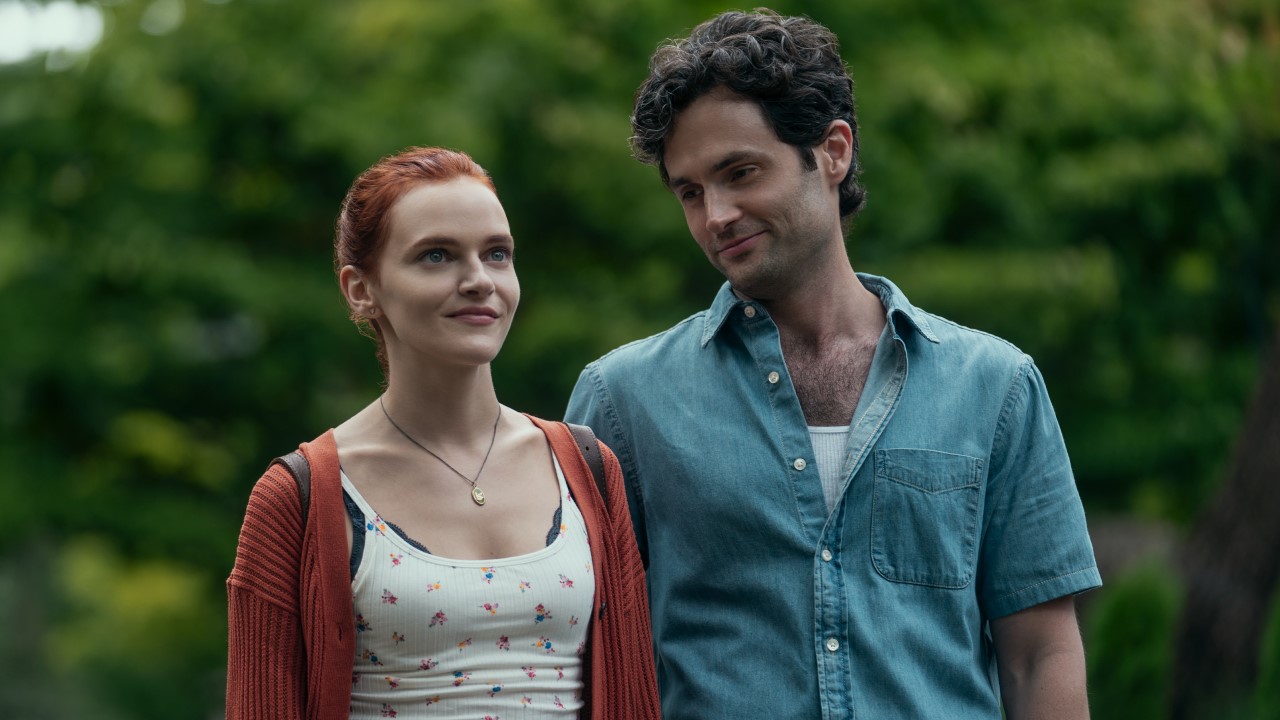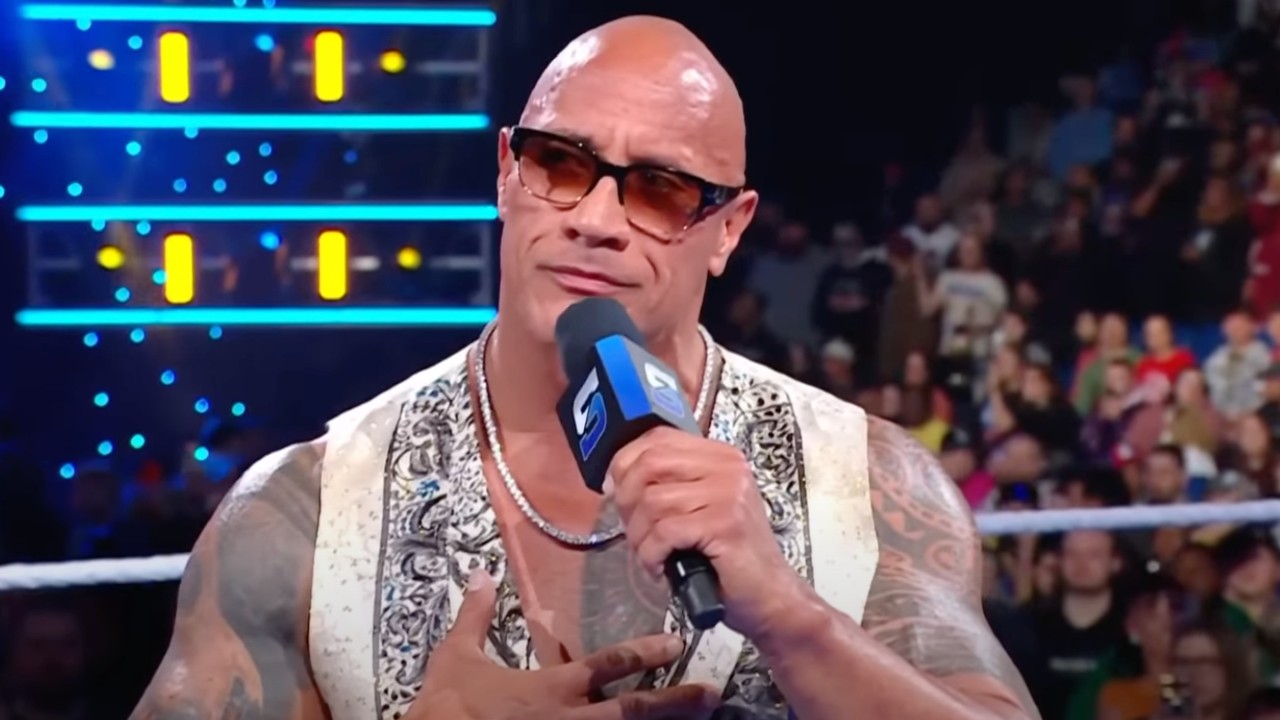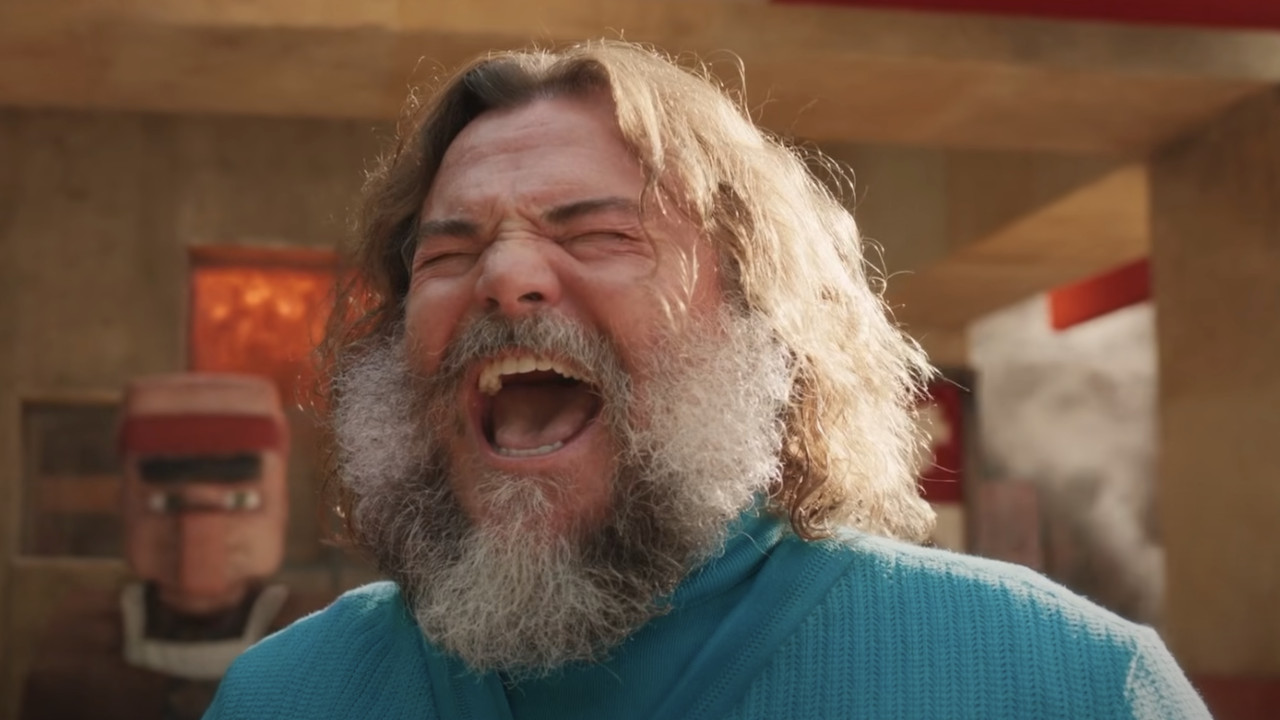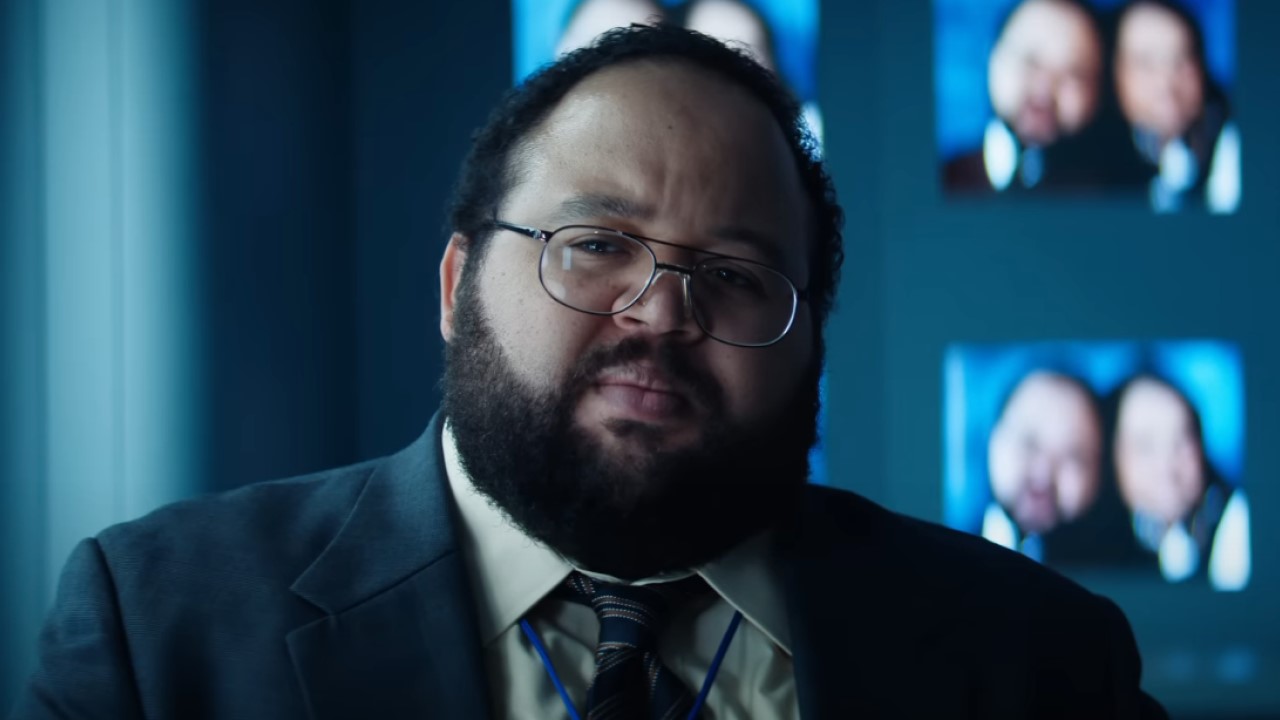Rebecca Ending: Netflix Flick's Director Talks Changing What Happened In The Book For The Movie

In the making of Rebecca, director Ben Wheatley arguably worked for three masters. One was the need to honor Daphne du Maurier's original novel; the second was respecting the previous adaptation by Alfred Hitchcock; and the third was providing modern audiences with something new and unique. That's a balancing act that is present throughout the film, but one particular area explored within the final department is the ending of the movie – which stands out by featuring some notable choices.
SPOILER WARNING: The rest of this article contains major spoilers about the ending of Rebecca (which is now streaming on Netflix). If you have not yet seen the film, read on at your own risk!
Unlike the source material or the previous adaptation, the new version of Rebecca makes two specific changes to the conclusion of the movie, namely with the fate of Kristin Scott Thomas' Mrs. Danvers, and a kind of coda that looks into the future for Lily James' as Mrs. de Winter and Armie Hammer's Maxim. They're respectively interesting deviations from previous versions versions of the story, and Ben Wheatley recently discussed the reasons behind those moves in conversation with Entertainment Weekly.
The "Death" Of Mrs. Danvers
As shown in the film, Mrs. Danvers is the one responsible for burning Manderley to the ground, but the fact that she has a scene after the fire has started is the big change in Rebecca. In Daphne du Maurier's book it's left ambiguous whether or not she still is still on the grounds of the estate when it crumbles, and Alfred Hitchcock's version features her stay in the mansion to be destroyed with it. Ben Wheatley's version provides one final confrontation between the new Mrs. de Winter and the head housekeeper before the latter takes a step off of a cliff.
Explaining why the new version of the story went with an alternate ending for Mrs. Danvers, Wheatley explains that the idea is to link her fate with Rebecca's. For the majority of the movie it's believed that the former Mrs. de Winter died drowning after her ship capsized, and Danvers' leap to the sea is her way to reconnect with the woman she loved. Said the director,
Her understanding of what happened to Rebecca is that she drowns. So, she joins her in the sea. And that made sense to me... Because Danvers was so indelible in the film, and in the script, you need to say goodbye to her. [It] gave us an opportunity for her to put the cap on the whole film and just go, 'Come on, these are the facts. Who's with me? And if you're not with me, I'm going to say goodbye to you and leave the movie under my own steam.
Adding an extra twist to the mysterious film, Ben Wheatley added that Mrs. Danvers may not even actually be dead (which certainly fits with the movie tradition of no character being officially gone until you've seen the body). Could she have survived the step off that cliff? The director doesn't totally rule out the possibility, and says that at the very least her spirit isn't gone, as she will continue to take up residence in Mrs. de Winter's mind forever:
There's a possibility she's not dead either. She's obviously not dead for the second Mrs. de Winter, because she haunts her in her dreams forever. That thing of her disappearing into the murk, it's like, 'Is it real or is it not?'
The "Romantic" Ending
As specifically shown at the end of Rebecca, the memory of Mrs. Danvers most definitely does continue in Mrs. de Winter's dreams... but other than that things are pretty good for the film's lead character and her husband. As described in narration, they continue searching for a new permanent home, but they certainly aren't living in squalor, and the protagonist seems to be self-assured in all of the decisions that she made. It's a happy ending... right?
CINEMABLEND NEWSLETTER
Your Daily Blend of Entertainment News
Per Ben Wheatley, you can look at Rebecca's ending with those rose-colored glasses, but he additionally offers that there is another way to look at the circumstances and the perspective from which the narration is coming. Said the filmmaker,
There's one reading of it, which is, 'Oh, it's so romantic. But it's not romantic in many ways because she knows his nature. She knows what he's done. And they've both decided to cover that up. It's bittersweet really.
With the revelation of Rebecca's terminal cancer, there is some suggestion by the story that Maxim is innocent in that he spared her a great deal of pain by shooting her... but that also discounts the amount of hate that Maxim had for his ex-wife. Rebecca basically gave him permission to kill her, but that doesn't absolve him of the desire he had to do it (not to mention the fact that he had no clue about the cancer diagnosis).
How do these comments change your reading of the new version of Rebecca? Hit the comments section with your thoughts, and if you have the desire to watch the movie again, it's currently streaming exclusively on Netflix.

Eric Eisenberg is the Assistant Managing Editor at CinemaBlend. After graduating Boston University and earning a bachelor’s degree in journalism, he took a part-time job as a staff writer for CinemaBlend, and after six months was offered the opportunity to move to Los Angeles and take on a newly created West Coast Editor position. Over a decade later, he's continuing to advance his interests and expertise. In addition to conducting filmmaker interviews and contributing to the news and feature content of the site, Eric also oversees the Movie Reviews section, writes the the weekend box office report (published Sundays), and is the site's resident Stephen King expert. He has two King-related columns.
